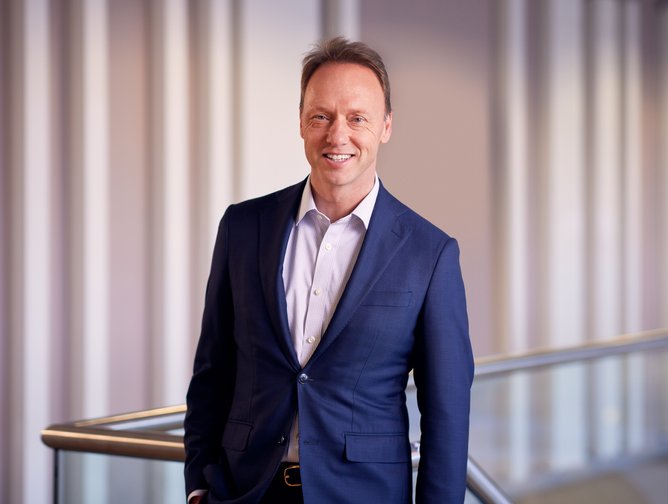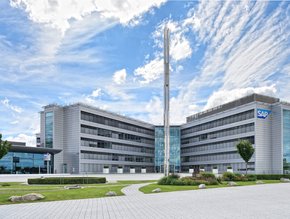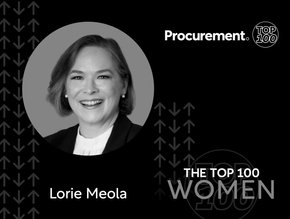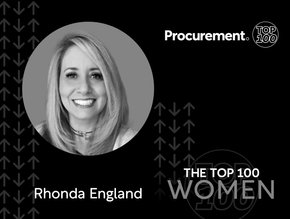Why Procurement is Key to Unilever's Climate Transition Plan

Unilever's Climate Transition Action Plan outlines the company's commitment to combatting climate change.
It includes several key components aimed at achieving net-zero emissions from its products by 2039.
This involves reducing greenhouse gas emissions across its operations, suppliers and consumers. Unilever plans to invest in renewable energy, sustainable packaging, and regenerative agriculture while promoting biodiversity and forest protection.
The company also aims to advocate for policies that support climate action and collaborate with stakeholders to drive systemic change. Overall, Unilever's Climate Transition Action Plan underscores its dedication to sustainability and addressing the urgent challenge of climate change.
In a joint statement included in the plan, Unilever CEO Hein Schumacher and Chairman Ian Meakins say: “Unilever played a prominent role in advocating for the Paris Agreement on climate change – a global treaty designed to catalyse action from governments and other actors – and announced new science-based targets for our operations and value chain.

"Moving forward, we want to be even clearer about the importance of sustainability to our business strategy.
“As a company dependent on agricultural and energy-intensive chemical ingredients, we believe transitioning to become a lower-emission business has many benefits. It increases resilience, improves efficiency and future-proofs our value chain against transition risks such as carbon prices, while sparking innovation and helping to attract the best talent.”
Unilever sets its sights on Scope 3
Unilever has reported a 74% reduction in emissions from its operations compared to 2015 levels and a 21% decrease in the emissions intensity of its products across the value chain since 2010.
However, the company acknowledges the difficulty in achieving substantial absolute reductions in its Scope 3 emissions.
It has now set higher ambition near-term Scope 3 GHG reduction targets as it focuses on absolute emissions reductions rather than carbon offsetting, and the shift to focus specifically on Scope 3 emissions.
The company wants to decrease its operational emissions (Scope 1 and 2) by 100% (vs 2015), cut its Scope 3 energy and industrial GHG emissions 42% (vs 2021) and its Scope 3 forest, land and agriculture GHG emissions by 30.3% (vs 2021)
How procurement will play its part
Unilever's goal by the end of 2024 is to involve 300 of its most emissions-intensive suppliers, representing about 44% of its Scope 3 greenhouse gas emissions linked to raw materials, ingredients and packaging.
This effort focuses on enhancing their climate capabilities to aid in achieving emissions reduction objectives. Unilever intends to establish innovation partnerships with specific suppliers to reduce greenhouse gas emissions and empower its procurement team to incorporate emissions-intensity data into business strategies.
The company is actively engaged in industry-wide initiatives like the Partnership for Carbon Transparency (PACT) and collaborates with organisations such as the World Business Council for Sustainable Development (WBCSD) to promote standardisation and expand climate action efforts.
Unilever underscores the importance of industry alignment on common standards and methodologies for Product Carbon Footprint (PCF) data to effectively integrate emissions reduction information into procurement decisions.
Additionally, Unilever plans to enhance its Supplier Climate Programme by offering support services and guidance to suppliers in crafting emissions reduction plans.
******
Make sure you check out the latest edition of Procurement Magazine and also sign up to our global conference series - Procurement & Supply Chain LIVE 2024
******
Procurement Magazine is a BizClik brand
- Logility Recognised as Leader in the Gartner Magic QuadrantTechnology & AI
- How Companies are Using AI to Navigate the ‘Polycrisis’Technology & AI
- How Philips is Making Healthcare Supply Chains SustainableProcurement Strategy
- How Kraft Heinz is Unlocking Sustainability SolutionsSustainable Sourcing






